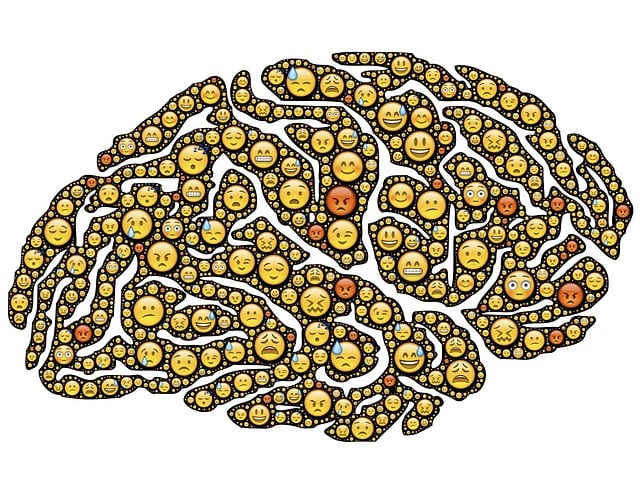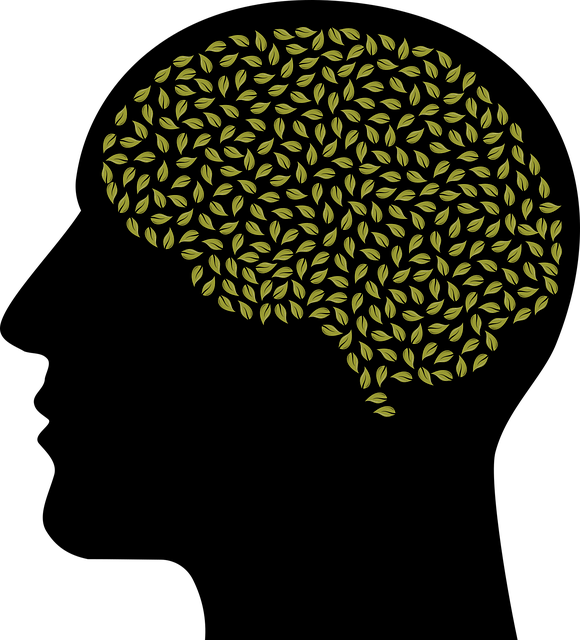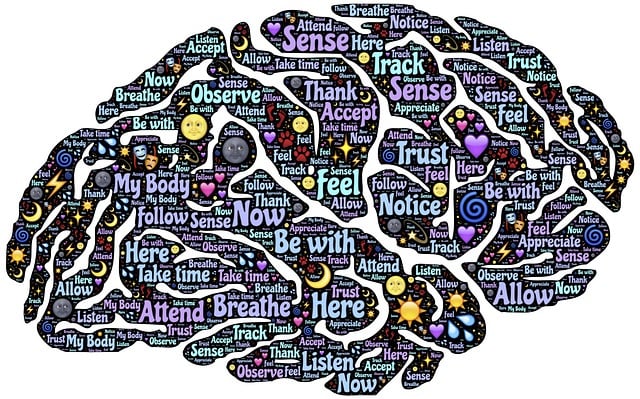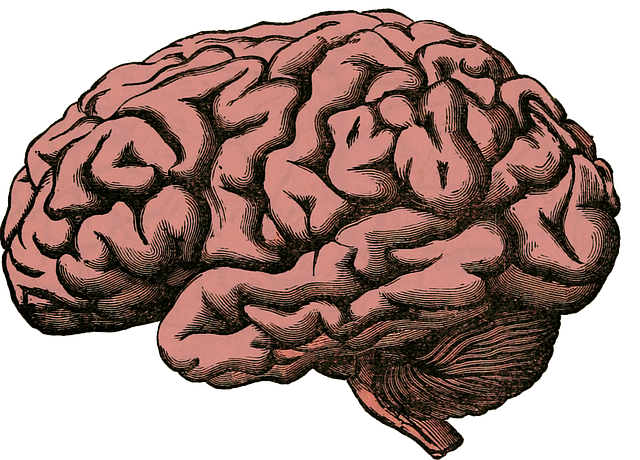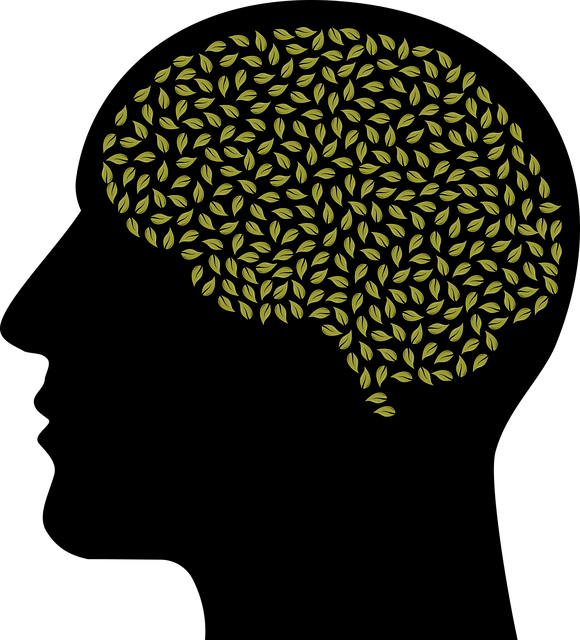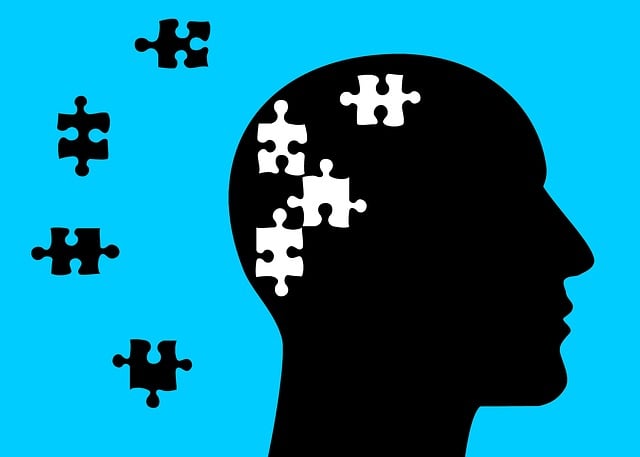Superior Developmental Disability Therapy (SDDT) is an evidence-based approach focusing on teaching individuals with developmental disabilities tailored emotion regulation techniques, combining mindfulness, cognitive reframing, and self-care routines. SDDT emphasizes cultural sensitivity and mental illness stigma reduction to create supportive environments. By leveraging CBT and structured sessions, therapists guide clients in identifying triggers, recognizing emotional patterns, and developing adaptive coping mechanisms. Holistic practices like social skills training, stress reduction methods, and compassion cultivation improve emotional intelligence and well-being. Generalization of these skills across settings leads to better mental health and enhanced coping abilities, crucial for healthcare providers to prevent burnout. Consistent practice over time is key to achieving long-lasting benefits.
Emotion regulation is a crucial skill, especially for individuals with developmental disabilities. This comprehensive guide explores effective strategies to enhance emotional intelligence and self-awareness in this population. We delve into the significant impact of therapy in teaching emotion regulation techniques, offering practical tools for superior developmental disability therapy. From understanding the fundamentals to long-term maintenance, this article provides insights for professionals and caregivers, ultimately fostering better emotional management and overall well-being.
- Understanding Emotion Regulation and Its Impact on Individuals with Developmental Disabilities
- The Role of Therapy in Teaching Effective Emotion Regulation Strategies
- Practical Techniques for Enhancing Emotional Intelligence and Self-Awareness
- Supporting Long-Term Success: Generalization and Maintenance of Emotion Regulation Skills
Understanding Emotion Regulation and Its Impact on Individuals with Developmental Disabilities

Emotion regulation is a vital skill that enables individuals to manage and understand their feelings effectively. For those with developmental disabilities, learning to regulate emotions can significantly enhance their quality of life and overall well-being. These individuals often face unique challenges when it comes to recognizing and controlling their emotional responses due to cognitive differences and potential sensory processing issues.
Superior Developmental Disability Therapy emphasizes the importance of teaching emotion regulation techniques tailored to each individual’s needs. By implementing strategies such as mindfulness practices, cognitive reframing, and self-care routine development for better mental health, therapists can empower individuals to navigate their emotions more effectively. Cultural sensitivity in mental healthcare practice is also crucial, ensuring that interventions are adapted to respect diverse cultural backgrounds and beliefs, which can further contribute to positive outcomes. Additionally, addressing the Mental Illness Stigma Reduction Efforts can create a supportive environment, fostering open discussions about emotions and mental health concerns.
The Role of Therapy in Teaching Effective Emotion Regulation Strategies

Therapy plays a pivotal role in teaching effective emotion regulation strategies, especially for individuals with superior developmental disabilities. Skilled therapists employ various techniques to help clients understand and manage their emotions. Through structured sessions, they guide individuals to identify triggers, recognize emotional patterns, and develop adaptive coping mechanisms. One such method is cognitive-behavioral therapy (CBT), which aids in challenging negative thought processes and replacing them with more balanced perspectives.
Incorporating self-esteem improvement exercises and stress reduction methods tailored to each client’s needs is a key aspect of this process. Additionally, compassion cultivation practices have shown promise in fostering emotional resilience. These practices encourage individuals to cultivate self-compassion, which can mitigate the impact of difficult emotions and enhance overall well-being. Superior Developmental Disability Therapy thus goes beyond symptom management by empowering individuals with lifelong skills to navigate their emotional landscape effectively.
Practical Techniques for Enhancing Emotional Intelligence and Self-Awareness

Emotion regulation techniques play a pivotal role in enhancing emotional intelligence and self-awareness, essential components of Superior Developmental Disability Therapy. One practical approach is Social Skills Training, which equips individuals with the ability to interpret and respond appropriately to social cues, fostering better understanding of their own emotions and those of others. By practicing active listening, non-verbal communication, and empathy, individuals can develop a more nuanced perspective on their emotional states.
Additionally, Mind Over Matter Principles offer powerful tools for managing emotions. Techniques such as mindfulness meditation, deep breathing exercises, and cognitive reframing help individuals gain control over their reactions to stressful situations. Encouraging regular Self-Care Practices, like engaging in physical activity, maintaining a balanced diet, and prioritizing quality sleep, also contributes to emotional stability and resilience. These practices not only promote overall well-being but also strengthen the ability to regulate emotions effectively.
Supporting Long-Term Success: Generalization and Maintenance of Emotion Regulation Skills

Emotion regulation skills learned through Superior Developmental Disability Therapy have a powerful impact on long-term success and well-being. The process of generalization is key, ensuring individuals can apply these techniques across various settings and situations. By practicing self-care routines developed during therapy, individuals gain tools to manage their emotions effectively, leading to improved mental health and enhanced coping abilities. This empowers them to navigate challenges with resilience, preventing potential burnout, especially crucial for healthcare providers who often face high-stress environments.
Maintaining these skills requires ongoing practice and reinforcement. Therapists play a vital role in supporting individuals by providing strategies for integrating emotion regulation into daily life. This includes teaching techniques for mindfulness, stress reduction, and emotional awareness, fostering inner strength development. Over time, as individuals consistently apply these practices, they become more adept at regulating their emotions, leading to better overall mental health and increased confidence in managing life’s ups and downs without relying heavily on external support.
Emotion regulation techniques, when taught effectively through specialized therapy, can significantly enhance the lives of individuals with developmental disabilities. By understanding the impact of emotions and implementing practical strategies, such as self-awareness exercises and skill generalization, we can foster greater emotional intelligence. Superior Developmental Disability Therapy focuses on these key areas to empower individuals, enabling them to navigate their emotional landscapes with increased confidence and resilience. This comprehensive approach ensures that learned skills are maintained over time, promoting long-term success and improved overall well-being.
